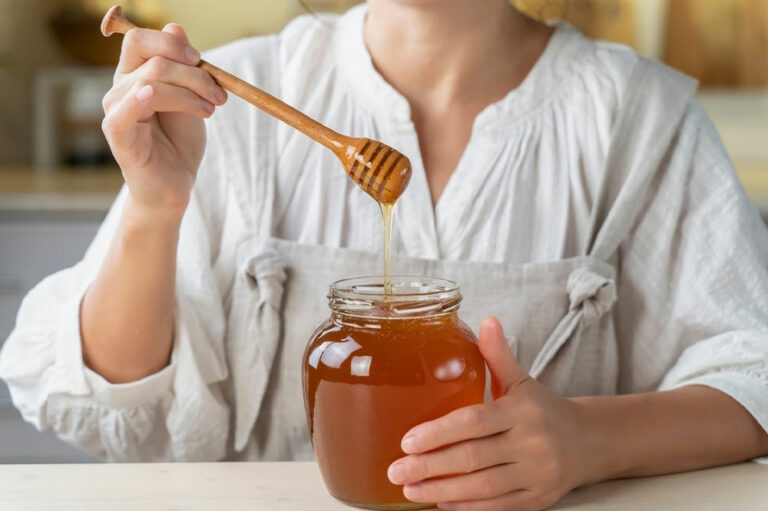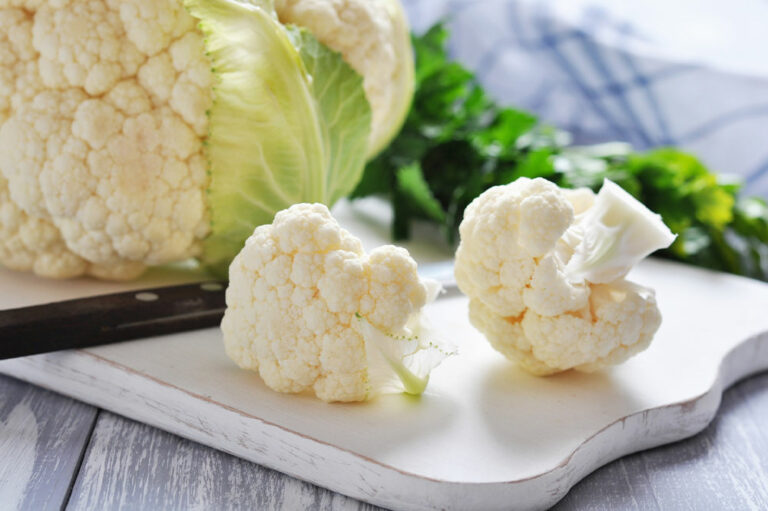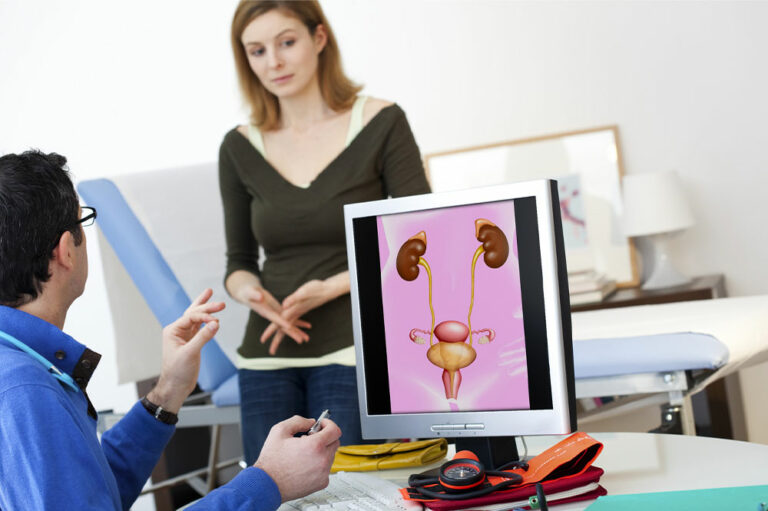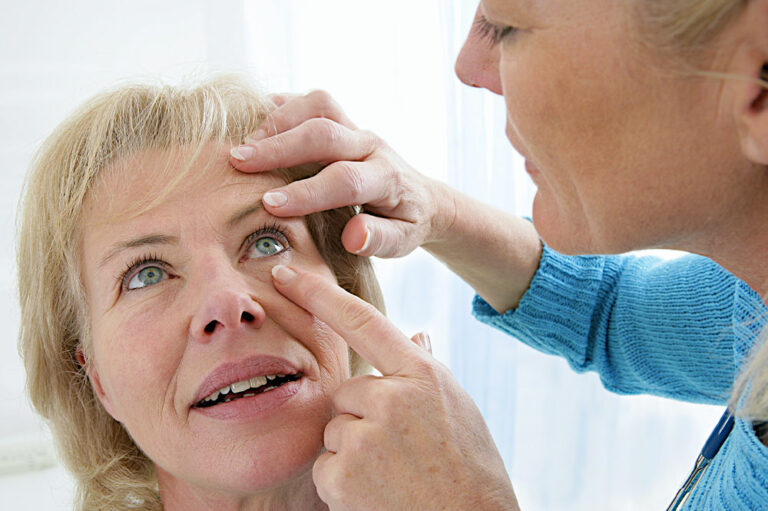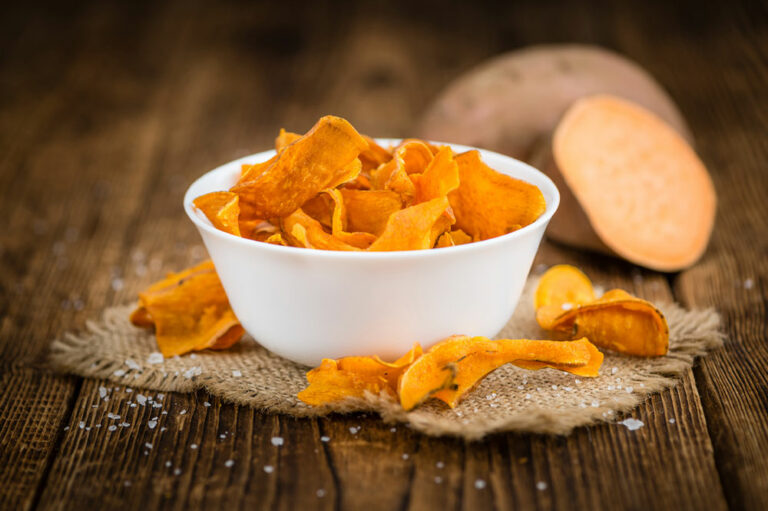
Health
Psoriasis – Symptoms, Causes, and Management
Psoriasis is a condition in which the skin develops rashes, leading to itchy, scaly patches most commonly witnessed on the knees, elbows, scalp, and even the trunk. This is a chronic condition with no cure; however, there are ways to manage the condition with the help of lifestyle choices, foods, and treatment options. The condition goes through a flaring cycle and then subsides, so it is important to understand its symptoms, triggers, and other details. Causes This condition is understood to be an autoimmune disorder in which the skin cells start to grow faster than the normal cycle of growth. This overgrowth is what turns into the scaly and dry patches that are often witnessed in this condition. While the cause is immune system-related, several environmental and other triggers also lead to flare-ups and other symptoms. Symptoms While the symptoms remain the same in everyone, the way they appear or look may differ from person to person. Patchy rash on the skin that can range from looking like spots on the skin or dandruff-like scaling or even more severe like painful rashes. Rashes of different colors, like shades of purple or gray on black or brown skin. On white skin, the rashes are pink or red with silver scales.
Read More 